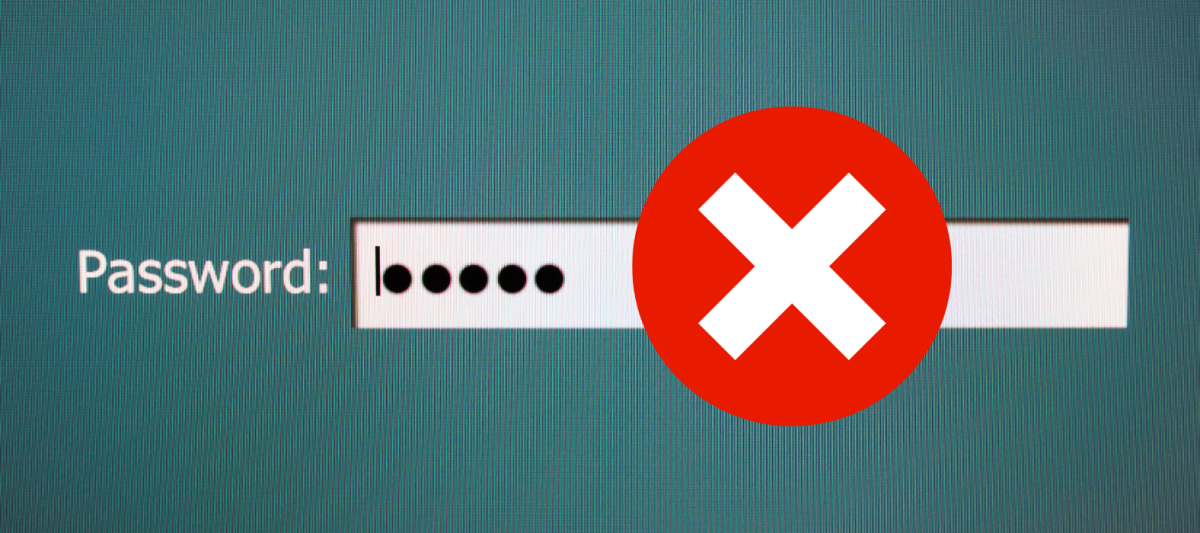
A Passwordless Future
Best practices for passwords are continually being made obsolete by the rapid sophistication of password-hacking technologies. Despite organizations’ best efforts, their passwords are being cracked by cybercriminals who can gain access to their system in a matter of seconds.
What are the Impacts?
What does this mean for the future of cybersecurity? According to Bitwarden’s recent survey, nearly half of IT decision makers are currently implementing or planning to implement passwordless technology. This security strategy will use other methods such as biometrics, passkeys, and security keys. Half of the survey respondents who are making this change are using “something you are” as your key to get in, requiring facial, fingerprint, or voice authentication.
Most respondents are currently using multi-factor authentication, which is an excellent practice, and bad news for cybercriminals. However, several of them still use insecure methods of password sharing such as “email (41 percent ), shared online documents (38 percent), chat apps (30 percent), verbal disclosures (27 percent), and written notes (22 percent)."
The biggest password insecurities discovered were usually there because organizations are worried about sacrificing efficiency, or believe that the chances of a breach are unlikely. However, growing awareness of cyberthreats has led to an increase in organizations with cyber insurance. The important thing to remember is that cyber insurance companies almost always require organizations to be implementing and documenting specific security measures, or else a cyber insurance claim after a breach could be denied.
What do you think? Is the future of cybersecurity passwordless?
Either way, it’s important to remember that it’s not a matter of if you’ll be attacked, but when. Make sure you know the strength of your current cybersecurity posture, and continue to improve security as new threats arise. Keeping sensitive data safe is a critical part of caring for your patients.
Cybersecurity is a large piece of the HIPAA technical safeguards for healthcare providers. Technical safeguards are addressed in the Medcurity Security Risk Assessment.
Have you completed your regular SRA yet? Now is the time to find the best option for your HIPAA Security Risk Assessment. Here are just a few reasons why Medcurity’s platform is the leading HIPAA compliance solutions for healthcare providers and their business associates:
- Ease-of-use.
The Medcurity platform was designed to simplify HIPAA compliance. Our founders’ vision is to bring clarity and confidence to a covered entity’s compliance journey, which is why ease-of-use, term definitions, and helpful guidance were being built into the platform from day one.
- Action Item Tracking and Insights
Our team at Medcurity doesn’t want your security risk assessment to just sit in a dark drawer in case of an audit, we want you to get real value out of the information you’re required to assemble. That’s why the Medcurity platform produces a final prioritized report with action item recommendations from the expert. Instantly apply the insights you gathered during the assessment to improve compliance for following assessments, and be able to demonstrate real improvement in the security of your patients’ PHI.
- Expert Support from the Medcurity Team
Our team is here to provide guidance on every piece of your compliance process, from conducting the security risk assessment effectively, to building and updating your policies and procedures. Providers gain professional resources and support to ensure the best results.
If you have questions about current technical best practices, HIPAA compliance in general, or the Medcurity platform, please reach out to your team at Medcurity!